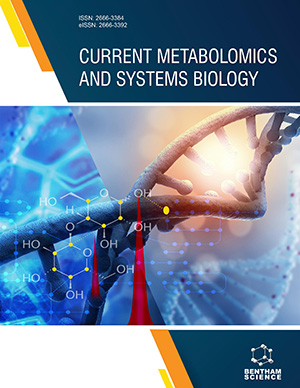Abstract
Tuberculosis remains a public health problem in many regions of the world. It has been a major cause of morbidity and mortality. Currently, Mycobacterium bovis bacillus Calmette Guerin (BCG) is the only vaccine which is used to control the spread of M. tuberculosis infection in humans. However, this vaccine provides a limited protection against tuberculosis in children. In endemic regions, BCG could not protect adolescents and adults against M. tuberculosis infection nor prevent evolution to active disease. Therefore, the development of new vaccines to increase the efficacy of vaccination against tuberculosis is urgently required. Currently, there are several preclinical and clinical studies of vaccine candidates. The spectrum of candidates includes multiple types of subunit vaccines, mycobacteria’s whole cell or extracts vaccines, live attenuated mutants, vaccines based on delivery by viral vehicles and new forms of recombinant BCG itself. This chapter reviews the efficacy and failure of the BCG, and vaccine candidates under clinical development in humans, including those developed to replace BCG (prime vaccines), to improve immunity promoted by BCG (prime-boost vaccines), and to decrease the time of chemotherapy (immunotherapeutic vaccines).
Keywords: BCG, Bacille Calmette-Guérin, Clinical trial, Tuberculosis, Vaccines.






















